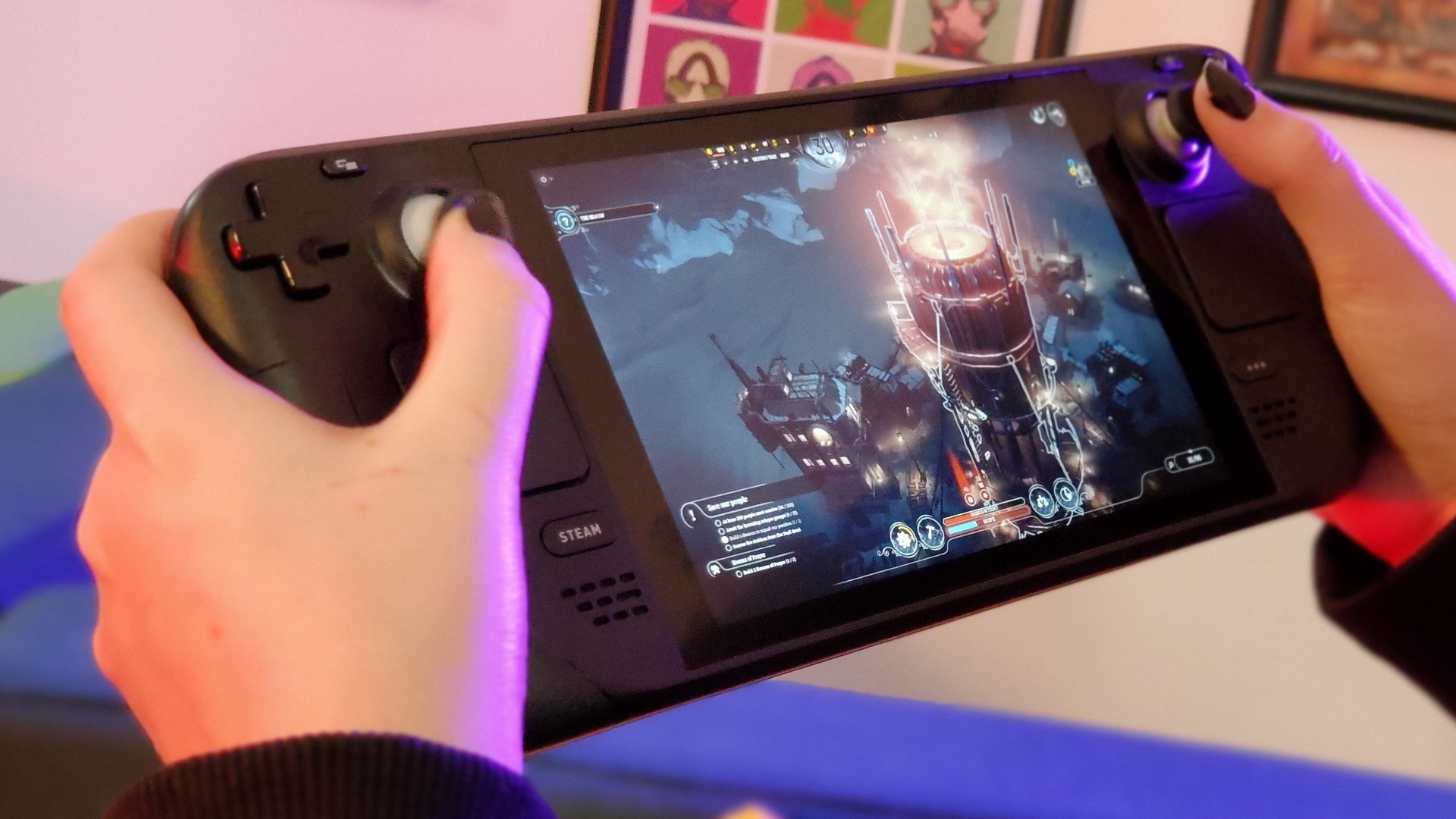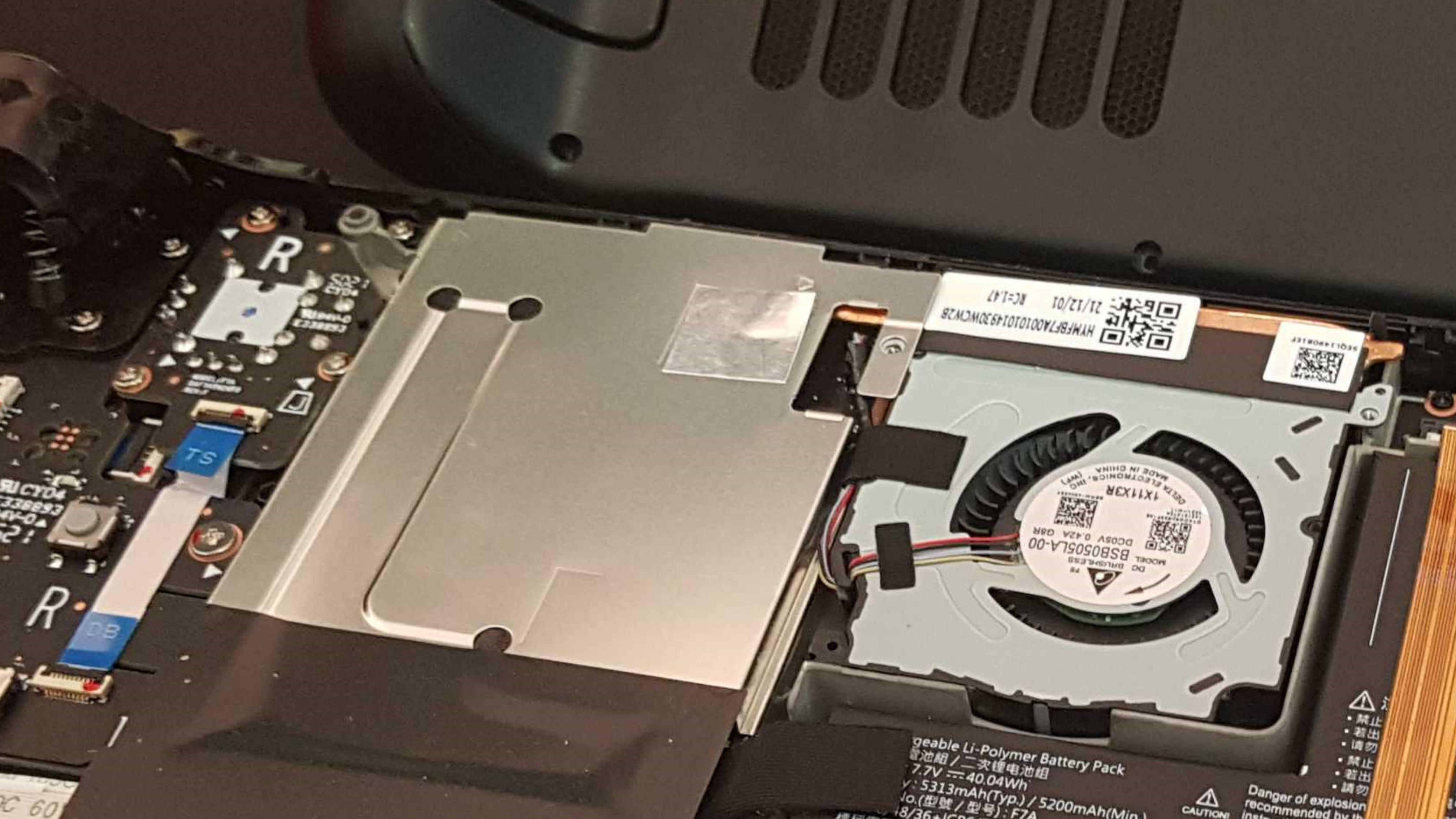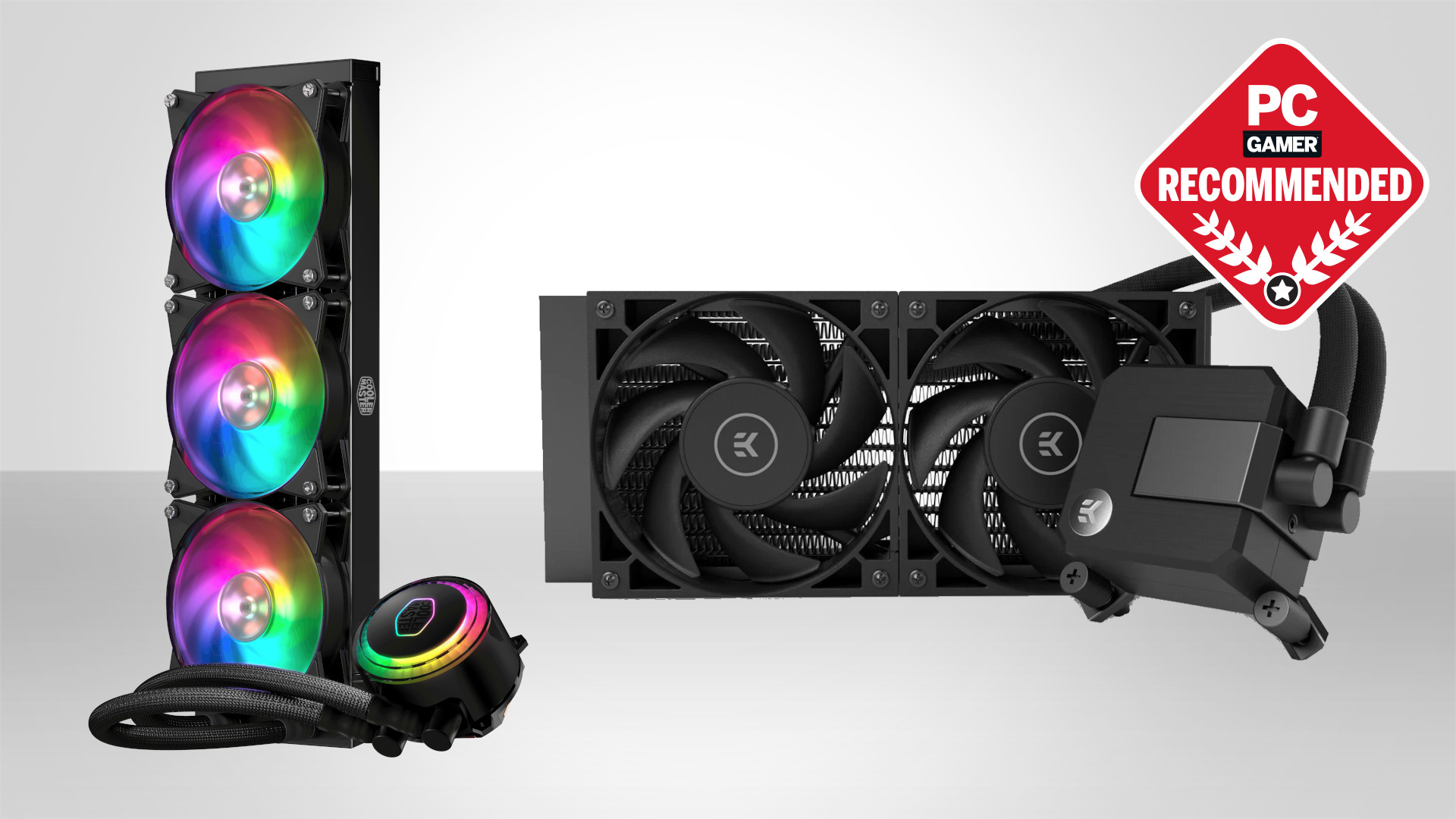Valve warns of Steam Deck throttling when used in extremely hot environments
This compact gaming PC will struggle in the heat.

If you're one of the lucky gamers to own a Steam Deck, you might want to heed this warning from Valve. The company has heavily implied users ought not use the handheld gaming PC in temperatures exceeding 35°C, as that may see the device hit its thermal limits and slow down or simply shut off.
For our friends in the midst of a heatwave, a quick note about Steam Deck in high temperatures. Steam Deck performs at its best in ambient temperatures between 0° and 35° C. If the temperature gets higher than this, Steam Deck may start to throttle performance to protect itself.July 19, 2022
The custom AMD APU within the Steam Deck is designed to run up to 100°C, no questions asked. That seems high enough to weather any outdoor condition, but it's all about ambient air temperature. In our testing the Deck's silicon reached around 60–70°C while gaming, though has been known to get up to around 80°C with less aggressive fan profiles in place. That means any major fluctuations in outdoor temperatures could cause headaches.
After 100°C, the Steam Deck will begin to crank down performance and power to help keep that temperature from exceeding its maximum, which is a sweltering 105°C. At that temp, the system will shut itself down to avoid any damage being done to the APU.
It's not necessarily a dangerous thing to happen, as the whole point of your CPU having a safeguard against high temperatures is so that it doesn't hit a temperature that will be a problem for the silicon inside.
But while you are avoiding damage when hitting that temperature limit, it's still not advisable to do so often.
Exceeding your CPU's TJ Max temperature—the point where a CPU will begin to force temperatures down by any means necessary—isn't a new one to PC gamers. I'm sure any overclocker has hit that point before or just anyone who was unlucky enough to have bolted on their CPU cooler a little wonky.

But the Steam Deck isn't your average gaming PC, and it doesn't have lots of room inside to vent out extremely hot air. In fact, if your CPU is overheating, because of the all-in-one nature of the Steam Deck's AMD processor, that also means your GPU is getting awfully toasty. And your RAM. And your SSD. It's a compact device and there are a lot of thermally sensitive parts inside it that need as much fresh, cool air as possible to function at their best.
The biggest gaming news, reviews and hardware deals
Keep up to date with the most important stories and the best deals, as picked by the PC Gamer team.
The heat will affect performance of the Deck at a point, and that's something the Steam Deck, with its low-power but well-optimised APU, can't afford to lose much of.
So if you're still struggling with the heat outdoors, perhaps it's best to leave your Steam Deck inside the house this summer. Or at least keep it safely stored until you're in a shady spot or somewhere with AC.

Best AIO cooler for CPUs: All-in-one, and one for all... components.
Best CPU air coolers: CPU fans that don't go brrr.
The same is true for your phone, laptop, and all manner of electronics. Most chips tend switch themselves off around the same sort of temperature, so it all comes down to their cooling solution as to how well they fare. Direct sunlight will probably be a killer for most, anyways, as cooling fans and heatsinks cannot cool components lower than ambient temperature, and sub-ambient cooling is hardly portable.
The sad truth is that we'll need to be more considerate of how we use our electronics outdoors in coming years and decades, as temperatures are set to continue to rise globally as a result of human-caused climate change and heatwaves become more common.

Jacob earned his first byline writing for his own tech blog. From there, he graduated to professionally breaking things as hardware writer at PCGamesN, and would go on to run the team as hardware editor. He joined PC Gamer's top staff as senior hardware editor before becoming managing editor of the hardware team, and you'll now find him reporting on the latest developments in the technology and gaming industries and testing the newest PC components.

